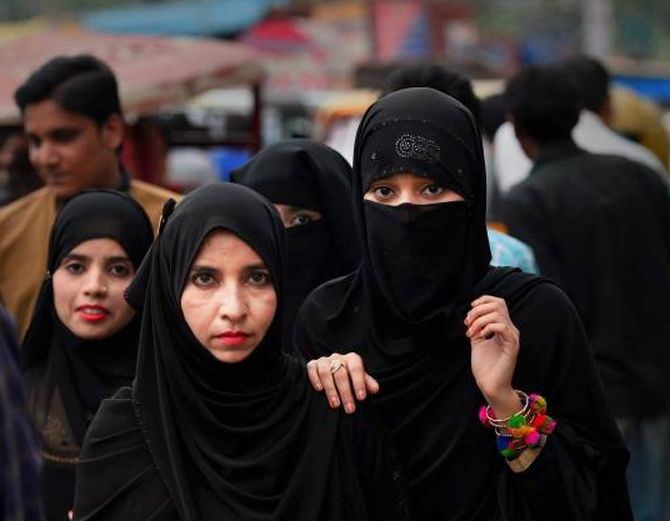The Supreme Court’s decision regarding Muslim women and triple talaq, specifically concerning maintenance under Section 125 of the Criminal Procedure Code (CrPC), marks a significant legal development in India’s jurisprudence. Here’s an overview of the background, laws involved, and the implications of the Supreme Court’s ruling:
Background:
Triple Talaq (Talaq-e-Biddat):
- Triple talaq refers to the practice under Islamic law (Sharia) where a husband can divorce his wife by pronouncing “talaq” (divorce) three times in one sitting, either verbally, in writing, or through electronic means.
- This practice has been controversial as it allows for instantaneous divorce without recourse to arbitration or reconciliation.
Legal Challenges:
- Over the years, triple talaq has faced criticism for being unilateral and discriminatory against women, as it can leave them economically vulnerable and without legal recourse.
- Various cases have been brought before Indian courts challenging the constitutional validity of triple talaq, arguing that it violates women’s rights to equality and dignity under Articles 14, 15, and 21 of the Indian Constitution.
Laws Involved:
Section 125 of CrPC:
- Section 125 of the Criminal Procedure Code (CrPC) provides for maintenance of wives, children, and parents. It applies to all Indian citizens regardless of their religion.
- Under this provision, a husband is liable to provide maintenance to his wife if she is unable to maintain herself. This includes providing for her basic necessities such as food, clothing, and shelter.
Supreme Court’s Ruling:
- The Supreme Court of India, in various cases including Shayara Bano v. Union of India (2017) and others, has ruled against the practice of triple talaq, declaring it unconstitutional and illegal.
- In a significant development, the Supreme Court has clarified that Muslim women who have been illegally divorced through triple talaq can seek maintenance under Section 125 of the CrPC.
- This ruling ensures that despite the divorce being pronounced through triple talaq, the husband remains liable to provide maintenance to his former wife until she remarries or is able to maintain herself.
Implications:
Legal Protection:
- The Supreme Court’s decision provides legal protection to Muslim women who are victims of triple talaq, ensuring they have recourse to seek maintenance under existing Indian laws.
- It strengthens the principle of gender equality and non-discrimination enshrined in the Indian Constitution by affirming that personal laws cannot override constitutional protections.
Social Impact:
- This ruling is expected to have a positive social impact by empowering Muslim women and discouraging the practice of triple talaq, which has been widely criticized for its adverse effects on women’s rights and well-being.
In conclusion, the Supreme Court’s decision reaffirms the rights of Muslim women to seek maintenance under Section 125 of the CrPC, irrespective of the manner in which their marriages have been dissolved. This marks a significant step towards ensuring gender justice and equality within the framework of Indian law.


